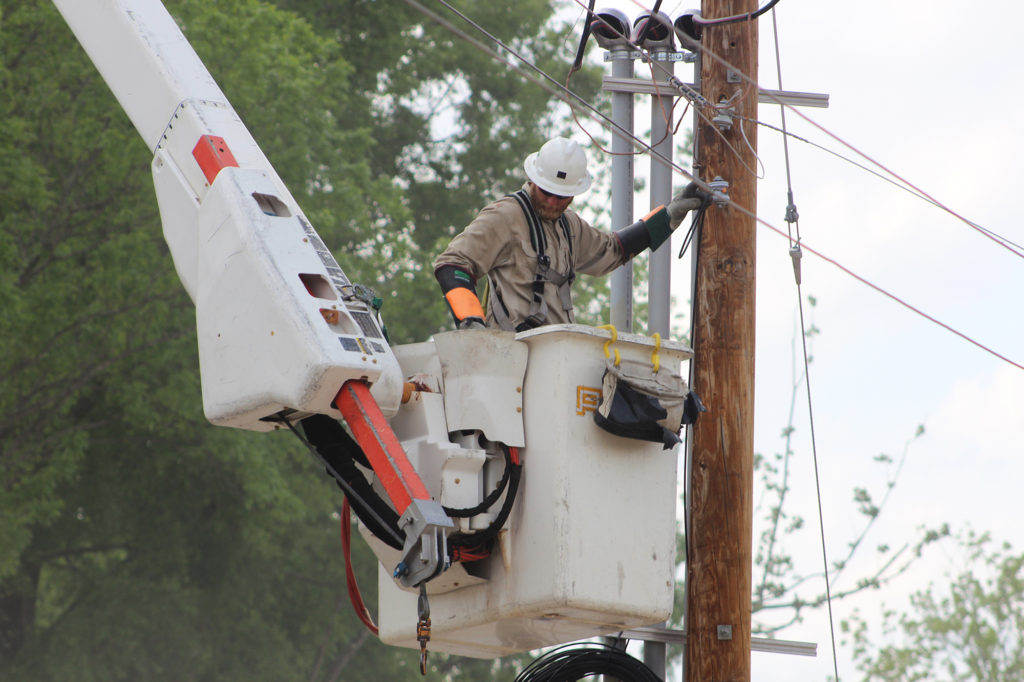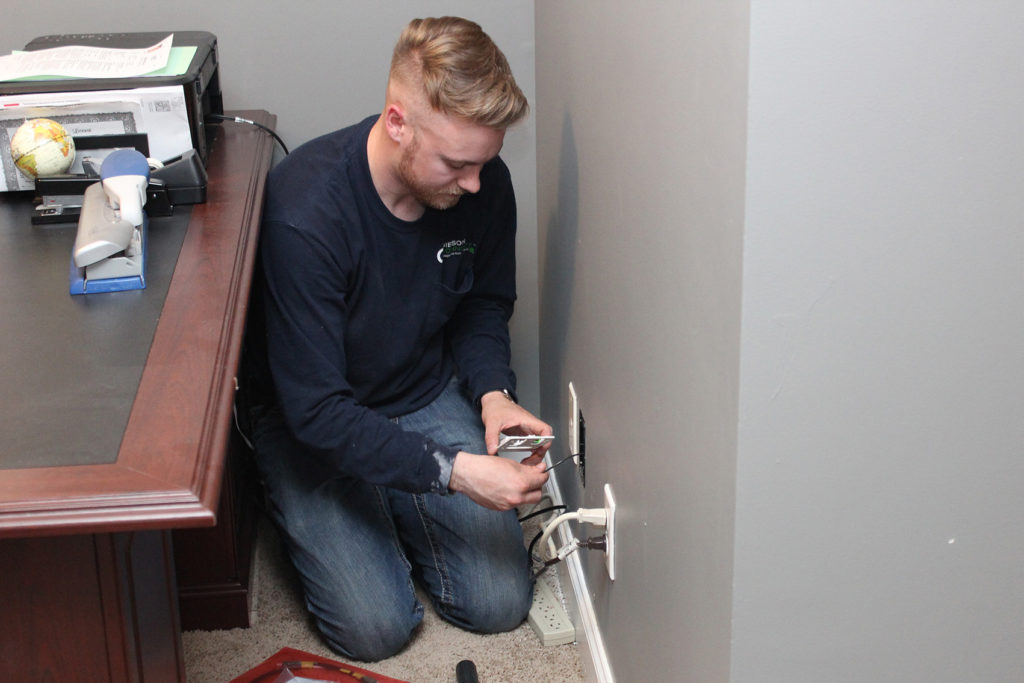
An electric cooperative in Tennessee is going back to its roots to bring high-speed internet service to its members. And co-op officials believe what worked more than 80 years ago could be even more effective today.
“In the 1930s, co-op leaders went door-to-door getting their neighbors to commit to joining Gibson Electric Membership Corp.,” said Dan Rodamaker, the Trenton-based distribution co-op’s president and CEO. “We’re using a similar approach to build Gibson Connect, and we believe every member who wants high-speed internet will have access to the service within five years.”
The electric co-op’s membership fee has always been $5, and Gibson Connect, its wholly owned subsidiary, is being built with the same co-op model, with a one-time registration fee of $20.
“We want our members to drive this process, so by paying the minimal $20 registration fee it shows they support the project and are committed to taking the service,” said Charles Phillips, Gibson EMC vice president of technical services. He said about half of Gibson EMC’s members had access to internet service from other providers but often expressed dissatisfaction with their service.
Passage of broadband accessibility legislation by Tennessee legislators in 2017 cleared the way for electric co-ops to offer the service in areas not served by telephone cooperatives. A projected market of 36,000 potential subscribers was identified among Gibson EMC’s eligible membership.
“We divided our service territory into 27 zones created with a community focus,” said Phillips, who also serves as vice president of operations for Gibson Connect. He said each district was designed around landmarks or characteristics familiar to area residents.
“Building more than 600 miles of fiber-to-the-home per phase is a large and time-intensive process,” Phillips adds. “The good news is that those members who have been connected say they love the service.”

So far, at least 30 percent of the members in 11 of the Gibson Connect zones are signed up, with some areas doubling the required advanced participation commitment. Work to extend broadband service from the co-op’s fiber-optic network to homes and businesses began in six zones as part of a phase one rollout. Five additional zones will be tackled in the recently announced phase two construction.
“The broadband project has been promoted at grocery stores, parades and other events held throughout the co-op’s service territory,” said Rita Alexander, Gibson EMC’s vice president of human resources and member services. “We want our members to be a part of it so that the communities where they live and work will be able to get service sooner rather than later.”
Co-op officials expect to have their broadband backbone completed before 2025.
“To help move the project along and hold down costs, we are vigorously pursuing grants for those areas that qualify,” said Rodamaker. Grants totaling more than $3 million have already been obtained from state and federal sources, and Gibson Connect will also seek additional low-interest loans and grants from USDA’s Rural Utilities Service as they become available.
Read more on rural broadband:
Co-op Wins $51 Million for Broadband Networks Before Groundbreaking
NRECA Urges FCC to Advance $20 Billion Auction to Deliver Broadband to Rural America
Takeaways From NRECA’s Broadband Case Studies
Listen to a recent NRECA podcast episode on rural broadband: